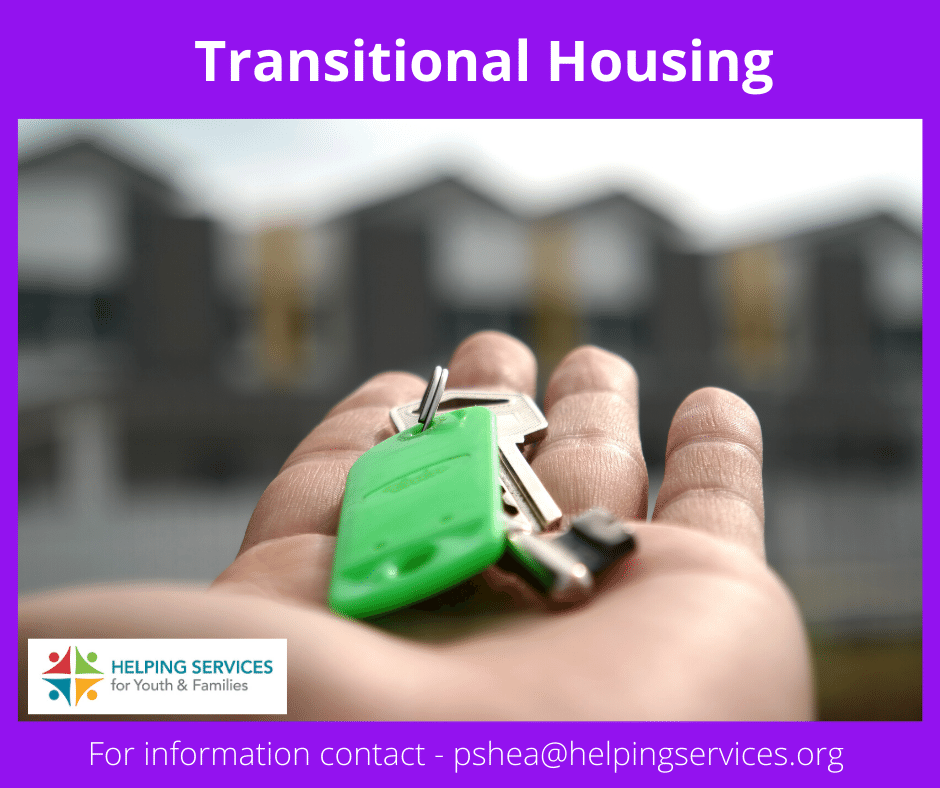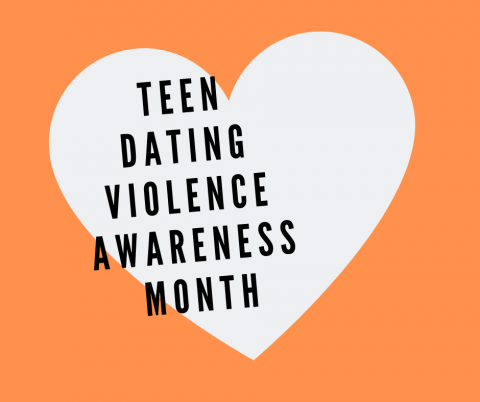How Do I Know, and What Do I Do if My Child has Been Exposed to Violence?
Each year in the U.S. children are exposed to violence in their homes, in schools, and in their communities. Violence can hinder their sense of stability and security and can have lasting effects on their development.
If you have been or are being abused and you have children, you probably have tried to protect them from the domestic violence as much as possible. Though you may try to shield them and hope they do not know what is happening, in the majority of families with children where abuse is present, the children will be aware of it, often seeing or hearing it happen.
Children are exposed to violence in a variety of ways.
- They may be in the same room when the abuse happens and may get caught up in the effort to make it stop.
- They may be in another room but may still be able to hear the abuse happen.
- They may see the physical injuries following the abuse.
- The may even be forced to take part in verbally abusing the victim.
- The children may be abused directly by the person who is abusing you.
In some cases, where domestic violence is present, If you have the slightest doubt or know that it is happening, it is extremely important that you talk with your children and take the steps necessary to protect them by seeking help from the Domestic Abuse Resource Center, the Department of Human Services or from other agencies that are there to assist and protect children.
10 Signs of Exposure to Violence
- Physical complaints
- Separation anxiety
- Sleep difficulties
- Increased aggression
- Constant worrying about possible danger
- Seeming loss of previously learned skills
- Withdrawing from others and activities
- Lack of interest in activities
- Difficulty choosing and completing an activity or task
- Very high activity level
What to Do if Your Child May/Has Been Exposed to Violence
Child advocates are trained to work with children and their non-abusing parents. Child advocacy gives children a voice—a voice to process what happened and express their feelings, thoughts, and needs. With guidance, a child can rebuild and strengthen the relationship that has been tampered by abuse.
Within your own family, you can:
- Provide a nurturing environment by validating your child’s feelings no matter what they are.
- Create predictability through routines by being available for the child when needed, having family conversations, being honest, and keeping your promises.
- Create a safety plan with your child and talk about what they can do, where they can go, and who they can talk to if it happens again. In the process make sure that your child can call 911 and be able to provide their name, address, phone number, and parent’s names.
- Get help. Call (800)383-2988 for a specialized child advocate who will work with your child.
We provide trainings to provide a better understanding of the impact domestic violence has on children. Through this training, we all can better identify signs of domestic violence, offer support, and make referrals when needed. The goal is to understand, serve and protect children in our communities.


